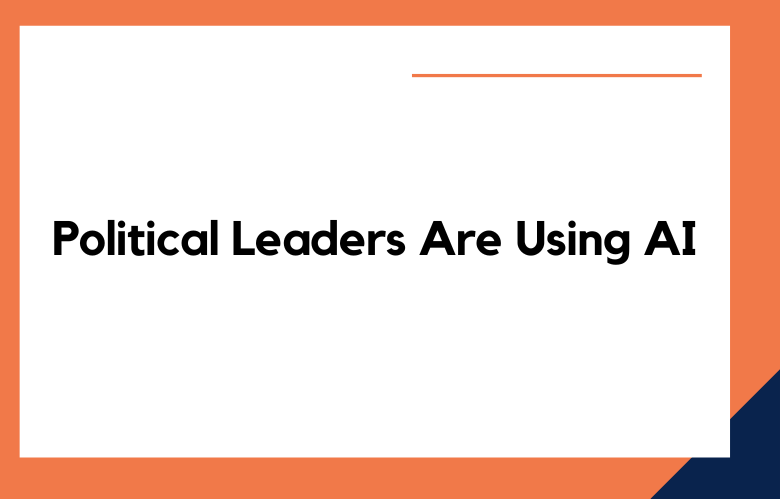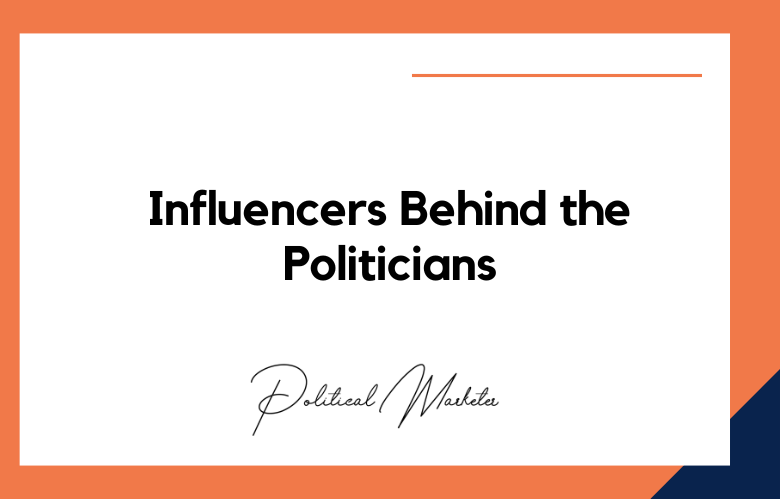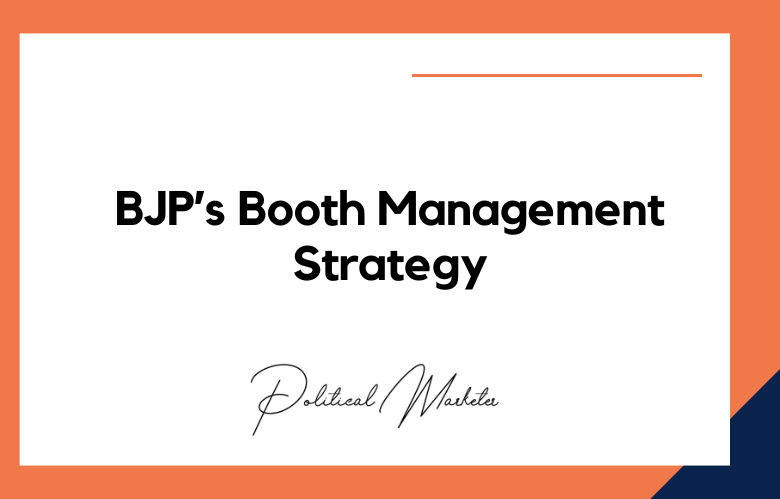How Political Leaders Are Using AI to Improve Public Services
Smart Cities
Political leaders are using AI to create “smart cities” that use data and technology to improve urban services, from transportation and energy to healthcare and public safety. For example, some cities use AI-powered traffic management systems to reduce congestion, while others use AI to optimize energy consumption and reduce carbon emissions.
Predictive Policing
Some political leaders are using AI to predict and prevent crime by analyzing data on past criminal activity and identifying patterns that can be used to predict future crimes. While predictive policing has been controversial, some argue that it can help reduce crime and improve public safety.
Personalized Healthcare
Political leaders are using AI to provide personalized healthcare services by analyzing patient data and identifying patterns that can be used to tailor treatments and interventions. AI-powered chatbots and virtual assistants also offer patients customized health advice and support.
Intelligent Traffic Management
AI optimizes traffic flow and reduces congestion by analyzing real-time data on traffic conditions and adjusting traffic signals and other infrastructure accordingly. Some cities also use AI to predict traffic patterns and provide personalized travel advice to commuters.
Smarter Public Transport
Political leaders are using AI to improve public transport services by analyzing data on passenger demand and adjusting services accordingly. AI-powered chatbots and virtual assistants also provide passengers with personalized travel advice and support.
More Efficient Government Services
Political leaders use AI to streamline and automate government services, from tax collection and benefits administration to licensing and permitting. AI-powered chatbots and virtual assistants also provide citizens with personalized support and advice.
Overall, using AI in public services can improve service delivery, increase efficiency, and enhance citizen engagement. As AI technology evolves, political leaders will likely find even more innovative ways to leverage AI to improve public services.
From Algorithms to Actions: How Political Leaders are Leveraging AI for Public Good
Political leaders worldwide recognize the potential of artificial intelligence (AI) to transform societies and address some of the most pressing challenges of our time. From pandemic response and public health to climate change and sustainability, AI is being leveraged to develop new solutions and optimize existing systems.
In public health, political leaders use AI to monitor and predict the spread of infectious diseases, such as COVID-19. AI-powered models can analyze vast amounts of data, including population movements, medical records, and epidemiological data, to provide real-time insights into disease transmission and likely outcomes. This information can be used to develop more effective public health interventions, such as targeted testing, contact tracing, and quarantine measures.
The Rise of AI in Governance: Enhancing Public Services
Artificial intelligence (AI) is transforming the way governments deliver public services. From healthcare and education to transportation and public safety, AI enhances service delivery, improves efficiency, and reduces costs.
One of the key areas where AI is being used in governance is healthcare. AI-powered tools can analyze medical images, such as X-rays and MRIs, to identify potential diseases and recommend appropriate treatments. AI can also predict disease outbreaks, enabling governments to take early action to prevent the spread of infections.
Transforming Public Services: AI Innovations by Political Leaders
The world is undergoing a digital transformation, and governments are no exception. Political leaders recognize the potential of artificial intelligence (AI) to revolutionize public services, making them more efficient, practical, and accessible. From healthcare and education to transportation and social services, AI transforms how governments deliver services to their citizens.
AI improves disease diagnosis, drug discovery, and patient care in healthcare. AI-powered tools can analyze medical images, such as X-rays and MRIs, to identify potential diseases and recommend appropriate treatments. AI can also be used to personalize treatment plans and predict patient outcomes. For example, the UK’s NHS AI Lab is developing AI-powered tools to improve disease diagnosis and drug discovery, personalize treatment plans, and predict patient outcomes.
Smart Governance: AI-driven Improvements in Public Services
Artificial intelligence (AI) is transforming the way governments deliver public services. From automating routine tasks to optimizing service delivery and improving citizen engagement, AI enables governments to operate more efficiently, effectively, and transparently. Here are some examples of AI-driven improvements in public services:
Automation of Routine Tasks
AI can automate routine tasks, such as document processing and data entry, freeing up government staff to focus on more complex tasks. AI-powered chatbots and virtual assistants can also provide citizens with 24/7 access to information and services, reducing the need for in-person interactions.
Optimization of Service Delivery
AI can help governments optimize service delivery by analyzing data on service usage and identifying areas where services may be lacking. This can enable governments to target resources more effectively, improving the quality and accessibility of public services.
Improved Citizen Engagement
AI can improve citizen engagement by providing personalized services and information to citizens. AI-powered chatbots and virtual assistants can provide tailored advice and support to citizens, while AI-powered analytics can help governments understand citizen needs and preferences more effectively.
Enhanced Fraud Detection
AI can help governments detect and prevent fraud by analyzing service usage data and identifying fraudulent activity patterns. AI-powered analytics can help governments identify suspicious activity more quickly and accurately, enabling them to take action to prevent fraud and protect public resources.
Improved Emergency Response
AI can help governments respond more effectively to emergencies by providing real-time data on disaster conditions and enabling more accurate prediction of disaster impacts. AI can also help governments optimize emergency response by identifying the most effective allocation of resources and providing real-time updates on disaster conditions.
Personalized Education
AI can help governments provide personalized education services to citizens by analyzing data on student performance and providing tailored learning plans and support. AI can also help governments identify areas where additional support may be needed, enabling them to target resources more effectively and improve educational outcomes.
Overall, the potential of AI to improve public services is vast and varied. As AI technology continues to evolve, we will likely see even more innovative and transformative applications of AI in governance, enabling governments to operate more efficiently, effectively, and transparently and to provide better outcomes for their citizens.
AI Powerplay: Political Leaders Revolutionizing Public Services
Political leaders worldwide recognize the potential of artificial intelligence (AI) to revolutionize public services. From automating routine tasks to optimizing service delivery and improving citizen engagement, AI enables governments to operate more efficiently, effectively, and transparently. Here are some examples of political leaders who are leading the way in using AI to transform public services:
Prime Minister Narendra Modi, India
Prime Minister Modi has launched several initiatives to leverage AI in governance, including the AI-powered chatbot “MyGov Corona Helpdesk” to provide citizens with information on the COVID-19 pandemic. Modi has also launched the “National AI Portal” to promote the development and adoption of AI in India.
President Emmanuel Macron, France
President Macron has launched several initiatives to leverage AI in governance, including the “French AI Strategy” to promote the development and adoption of AI in France. Macron has also announced plans to create a national data strategy to facilitate the use of data in the public sector and promote innovation.
Conclusion:
Political leaders increasingly turn to AI as a powerful tool for transforming public services. From smart cities and predictive policing to personalized healthcare and intelligent traffic management, AI improves service delivery, increases efficiency, and enhances citizen engagement.
Political leaders will likely find innovative ways to leverage AI to create more effective, responsive, and citizen-centered public services as AI technology evolves. However, as with any new technology, it is essential to ensure that AI is used responsibly and ethically and that principles of transparency, accountability, and democratic participation guide its development and deployment.
Call: +91 9848321284
Email: [email protected]
How Political Leaders Are Using AI to Improve Public Services: FAQs
What Is The Role Of AI In Public Service Delivery?
AI enhances public service efficiency, accuracy, and responsiveness through automation, data analysis, and real-time decision-making.
How Are Political Leaders Leveraging AI In Governance?
Leaders are adopting AI to streamline operations, forecast public needs, detect fraud, personalize citizen services, and improve administrative workflows.
Can AI Improve Access To Public Healthcare?
AI tools assist in diagnostics, health monitoring, resource allocation, and predictive analysis to improve healthcare delivery and patient outcomes.
How Is AI Being Used In Public Education Systems?
AI supports personalized learning paths, automated grading, early dropout detection, and digital content distribution to improve learning outcomes.
What are some examples of AI in law enforcement?
Applications include predictive policing, facial recognition, crime mapping, and automated surveillance to support proactive safety strategies.
How Do Governments Use AI For Public Infrastructure Planning?
AI analyzes urban data to optimize traffic flows, plan utilities, manage resources, and anticipate future infrastructure demands.
Is AI Being Used To Enhance Citizen Feedback Mechanisms?
Yes, chatbots, NLP tools, and AI sentiment analysis help governments process large volumes of citizen input and respond efficiently.
Can AI Reduce Bureaucratic Delays In Service Delivery?
Absolutely. AI automates repetitive administrative tasks like document processing, approvals, and grievance redressal to speed up governance.
How Are Political Leaders Using AI For Social Welfare Programs?
They use AI to identify eligible beneficiaries, track distribution, detect anomalies, and forecast program outcomes for better policy design.
Is AI Being Used In Disaster Management And Relief?
AI helps in early warning systems, disaster modeling, resource distribution, and post-disaster damage assessment.
How Do Leaders Address Bias In AI-Powered Public Systems?
By investing in ethical AI development, diverse data training sets, and continuous auditing to ensure fairness and transparency.
What Are The Risks Of Using AI In Public Administration?
Key risks include data misuse, algorithmic bias, lack of transparency, over-reliance on automation, and erosion of human oversight.
How Can AI Improve Tax Collection And Compliance?
AI detects evasion patterns, automates auditing, and segments taxpayers for customized compliance strategies.
What Role Does AI Play In Smart City Initiatives?
It powers intelligent traffic control, energy efficiency, real-time public safety monitoring, and responsive urban services.
Are Political Leaders Using AI To Monitor Public Opinion?
Leaders use sentiment analysis and social listening tools to track public mood and adjust policies or communication strategies accordingly.
How Can AI Be Integrated With Existing Government IT Systems?
Through APIs, cloud platforms, and AI-as-a-service tools that connect seamlessly with legacy systems while enhancing capabilities.
Can AI Help With Environmental Governance?
AI monitors pollution levels, predicts environmental threats, and supports sustainable resource planning and conservation efforts.
How Are Elected Representatives Using AI In Constituency Management?
They use AI to track constituent issues, prioritize service requests, and customize outreach efforts based on local data.
Is AI Adoption In Governance Still At An Early Stage?
While some countries are advanced, many are still in pilot stages due to technical, financial, or regulatory challenges.
What Is The Future Of AI In Public Leadership?
The future includes AI-powered policymaking, citizen co-creation models, real-time governance dashboards, and more participatory governance.











